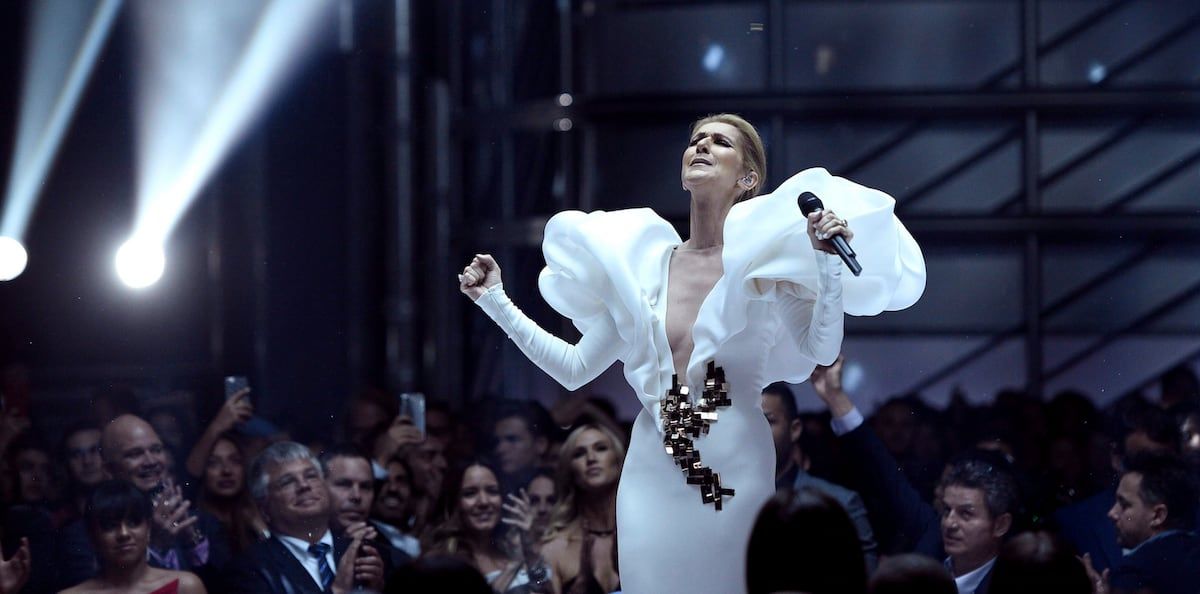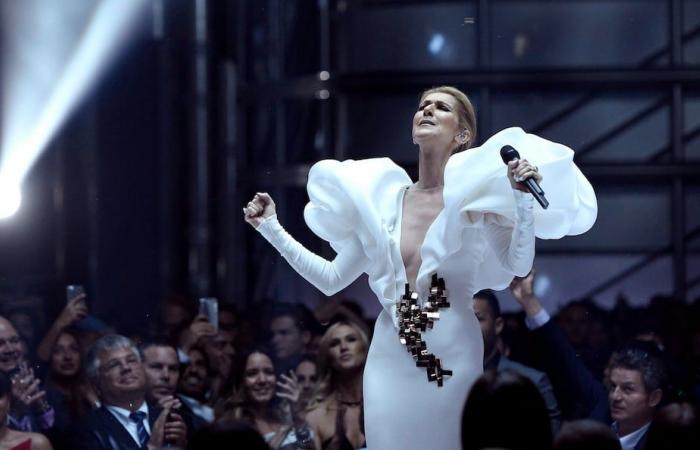TERRORIST ATTACKS – SEPTEMBER 11, 2001
These attacks, orchestrated by Al-Qaeda, are the deadliest in United States history. (Archives, The Associated Press)
On the morning of September 11, 2001, the world woke up to an unprecedented tragedy: 19 terrorists hijacked four planes, transforming these planes into weapons of mass destruction. Two of them hit the twin towers of the World Trade Center in New York, causing their collapse and thousands of deaths. A third struck the Pentagon in Washington, while a fourth crashed in Pennsylvania, the passengers having tried to thwart the attackers.
These attacks, orchestrated by Al-Qaeda, are the deadliest in United States history, killing nearly 3,000 people and injuring more than 6,000. They mark a major turning point, affecting security, politics and international relations . In Quebec, the striking images broadcast continuously cause a wave of shock and a feeling of insecurity in a society hitherto far removed from global conflicts.
On a daily basis, security measures are reinforced, particularly at airports like Montreal-Trudeau. Rigorous checks on baggage and passengers and the future requirement for a passport to cross the Canadian-American border are transforming habits.
Economically, tightened borders complicate trade with the United States, Canada's key partner.
Canada, an ally of the United States, becomes involved in the war in Afghanistan, sparking debates about its role in international conflicts. Jean Chrétien, then prime minister, however, refused to participate in the war in Iraq two years later. This September 11 also marks the start of a prolonged confrontation between the West and jihadist groups, including Al-Qaeda and, later, the Islamic State.
Finally, cultural communities in Quebec are experiencing a rise in Islamophobia, transforming perceptions and social interactions. This tragic event lastingly redefined Canada's policies, freedoms and international relations.
FIRST GAY CIVIL UNION IN QUEBEC – JULY 18, 2002
In Quebec, this advance has normalized homosexual unions in society and promoted the acceptance of family diversity. (Archives The Sun)
On July 18, 2002, Theo Wouters and Roger Thibault made history by formalizing their union at the Montreal courthouse. This moment marked the very first civil union between people of the same sex in Quebec, but also in Canada, and across the entire North American continent.
The adoption of the civil union law in Quebec in 2002 marked a major step in the recognition of the rights of LGBTQ2+ people. This law, which allowed same-sex couples to benefit from the same rights as heterosexual couples in terms of union, property and parenthood, opened the way to a series of legal and social reforms in Quebec, Canada, and even internationally.
In Quebec, this advance has normalized homosexual unions in society and promoted the acceptance of family diversity. It also laid the groundwork for the legalization of same-sex marriage in Canada in 2005, through the Civil Marriage Act.
This change, driven by a large social movement, had a domino effect: it prompted other jurisdictions to review their discriminatory laws towards the LGBTQ2+ community.
Internationally, the Canadian model has been cited as an example of successful integration of LGBTQ2+ rights, influencing countries such as Spain, the Netherlands and New Zealand, which have adopted similar laws. In addition, civil unions and equal marriage have contributed to changing attitudes, helping to reduce stigma and promoting more open discussions on issues such as parental rights, adoption and gender identity.
This Quebec legislation, beyond its legal impact, has catalyzed a global movement towards a more inclusive society, confirming that human rights advance when equality is enshrined in law.
STAR ACADEMY – FEBRUARY 2, 2003
“And it’s not over, it’s just the beginning.” Theme song, but above all lyrics inseparable from Star Academy, with whom the general Quebec public became acquainted on February 2, 2003 on the TVA channel. The words of the author Stéphane Venne, written in 1973, heralded a trend that revolutionized our relationship with television and the business models of culture and media.
With its content, the reality TV concept adapted from an original Dutch format marked a turning point in Quebec television history.
“And it’s not over”, Star Académie (Annie Villeneuve)
With ratings exceeding three million viewers for certain episodes – including the finale of the first season – and an average audience which remains above a million faithful 20 years later, the television event has also served as a locomotive for Quebec culture and music, directly influencing album sales and the popularity of artists.
Even Lady Gaga, at the start of her career, took advantage of this leverage in the Canadian market.
The editions of Star Academy produced several notable artists, such as Wilfred LeBouthillier, Marie-Élaine Thibert, Marie-Mai and later, Mélissa Bédard, who enjoyed lasting success.
Very criticized at the beginning by the music industry, which denounced the creation of instant stars, the imprimatur Star Academy ended up rallying, because it is synonymous with quality. Iconic host and producer Julie Snyder played a central role in this success. With her flair for entertainment, she inspired cross-promotion between television, album sales, and other Quebecor platforms.
Statistically, the 2003 tour sold over 100,000 tickets, a monumental feat for a variety music act.
Albums from the show have also achieved platinum sales, testament to its influence.
This franchise has shaken up the codes of television and consolidated Quebecor's business model, demonstrating the strength of convergence. The entire Quebec media industry would be inspired by it and be changed forever.
CELINE DION – March 25, 2003
Celine Dion redefined the Las Vegas entertainment industry in the 2000s with her iconic residency A New Day…launched on March 25, 2003 at the Colosseum at Caesars Palace. This 4,100-seat hall, built for her, hosted more than 700 performances until 2007, attracting three million spectators and generating $400 million in revenue.
She transformed the image of Vegas residencies, becoming a role model for stars like Elton John and Lady Gaga. Billboard has ranked his residencies among the most lucrative in history, surpassing U2 and Shania Twain.

Celine Dion has marked the last 25 years. (Archives The Sun)
The 2000s were also marked by landmark albums like A New Day Has Come and a historic world tour, Taking Chances World Tour. In one year, she performed 132 concerts in 27 countries, generating $280 million and ranking among the highest-grossing tours for a solo artist.
In 2023, she reveals that she suffers from stiff person syndrome, a rare illness that puts her career on hold. Despite this ordeal, her impact remains intact, culminating in her moving performance at the opening ceremony of the 2024 Paris Olympics, where she sang The Hymn to Love perched in the Eiffel Tower.
Celine Dion embodies rare longevity in the music industry, combining resilience and innovation. Her journey, marked by unparalleled success, continues to inspire female artists to embrace their creativity and power.
FACEBOOK – FEBRUARY 4, 2004
Since its launch on February 4, 2004 on the campus of Harvard University, Facebook has marked a historic turning point in digital communications, ushering in an era where social media redefines our personal, professional and societal interactions.
Initially a space for connection between students, it quickly expanded its audience, becoming a universal tool for exchanging, sharing and obtaining information. Where we have to use our real name! The arrival of platforms like Twitter (became aspects of our lives.

Facebook has become an essential channel for disseminating information, but it has also opened the door to disinformation and manipulation. (123RF, bigtunaonline)
On a personal level, Facebook has transformed social relationships, bringing people closer together, but sometimes to the detriment of real interactions. Professionally, it has democratized networking and imposed an essential and constant digital presence, while introducing challenges related to online reputation management.
Businesses, for their part, have adopted these platforms for their marketing, profoundly changing traditional commercial and media practices.
In the media, Facebook has become an essential channel for disseminating information, but it has also opened the door to disinformation and manipulation, particularly during elections, as foreign interference scandals like that of Cambridge Analytica revealed in 2018. Politically, social media has disrupted electoral campaigns, allowing direct contact between politicians and citizens, but also the polarization of public debates.
In 25 years, the impact of this digital revolution is indisputable: social media have redefined human interactions and reshaped entire sectors, sometimes for the better, sometimes for the worse.
Recently, we have seen
And you dear readers, what are your notable moments of the last 25 years? Write to us at [email protected] to share them with us! We will publish some of your comments among those received.









